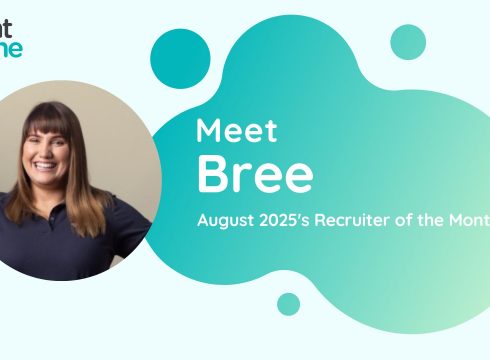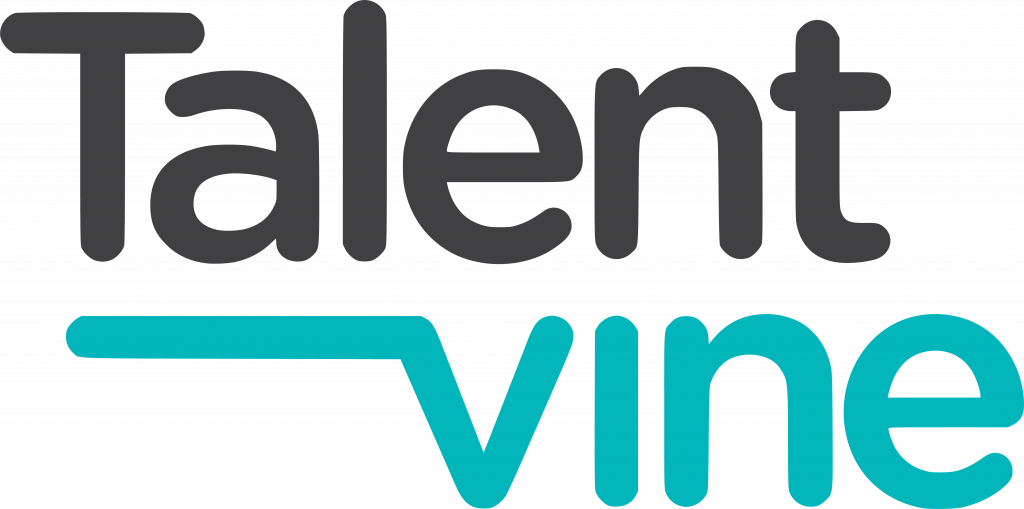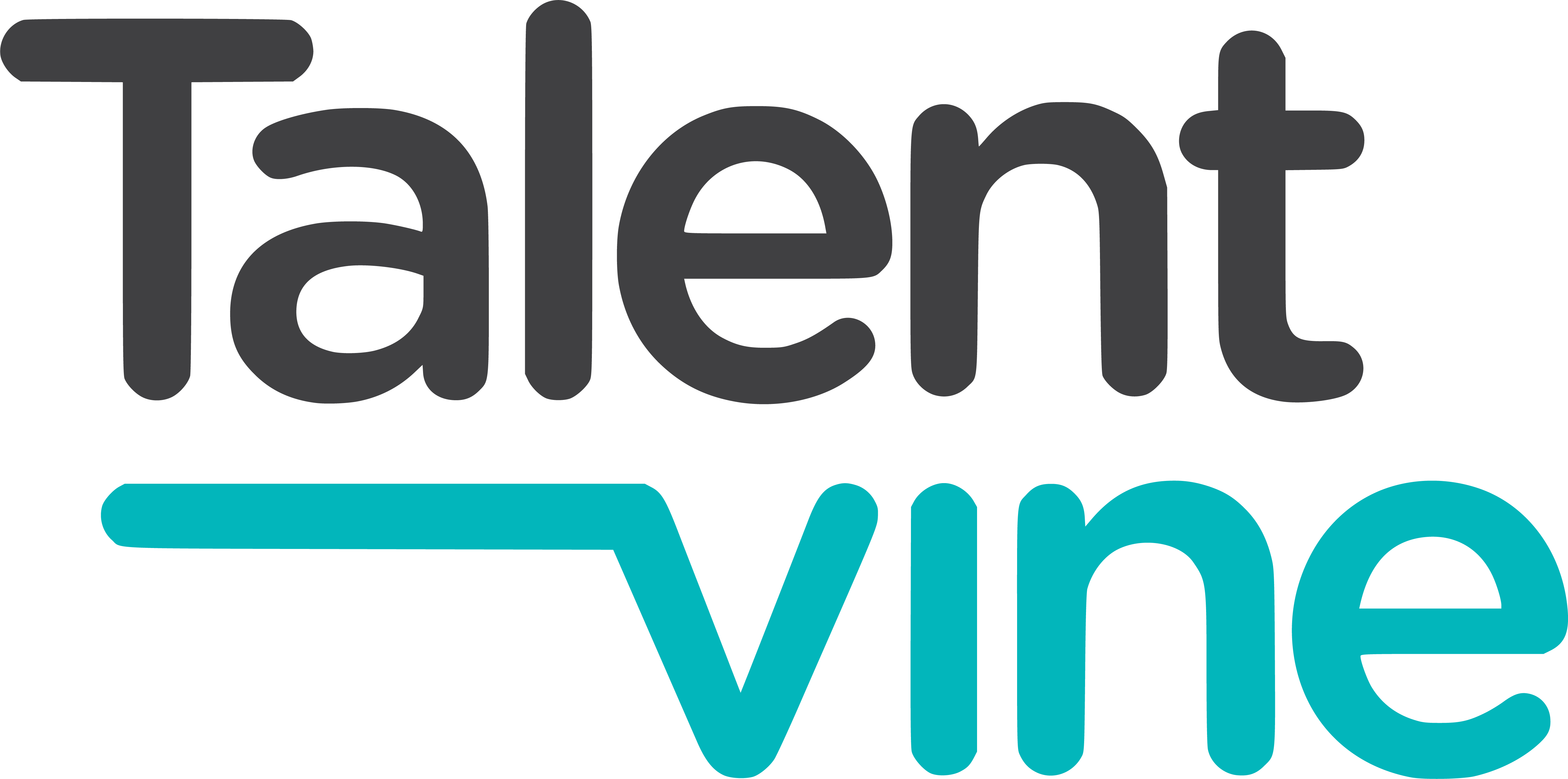When you’re running a business, hiring often gets squeezed in between sales calls, operations issues, and “just five more emails.” Posting a job ad feels like a big enough win – but then comes the silence, or worse, a flood of irrelevant applications.
That’s when people start to wonder:
Should I just use a recruiter?
And what do recruiters actually do, anyway?
Let’s clear that up.
So... What Does a Recruiter Actually Do?
A recruiter’s job is to find and match the right people to the right roles, quickly, strategically, and with less guesswork than doing it yourself.
Here’s a breakdown of what a good recruiter brings to the table:
1. Understands Your Business and the Role
A recruiter doesn’t just take your job ad and run with it.
They sit down with you to take a detailed brief – digging into the role, the wider team, and the company’s goals.
They ask smart questions to understand:
- What success looks like in the role
- The kind of person who thrives in your team
- What’s non-negotiable, and what can be trained
- What has (and hasn’t) worked previously
- How the role fits into the broader management structure
This deep understanding isn’t just for show – it ensures they can speak to candidates accurately and confidently.
A good recruiter knows that misrepresenting a role or company can turn away the right person or reflect poorly on both sides.
By getting it right upfront, they create a sharper, more attractive brief that pulls in better-quality candidates and sets the tone for a smoother hiring process.
2. Writes and Promotes the Role
Recruiters know how to position your role so it cuts through.
That includes:
- Crafting compelling job ads (not just copy-pasting bullet points)
- Knowing which channels and networks will get the best visibility
- Tailoring the messaging for active and passive candidates
(The success of this this depends on how you brief the recruiter, of course)
3. Finds Candidates You Can’t
Good recruiters don’t sit back and wait for applications.
They go into their active networks, use LinkedIn and referrals, and reach out to high-quality candidates who might not be actively job hunting, but could be open to the right opportunity.
Learn the difference between active and passive candidate hiring
4. Screens, Shortlists, and Saves You Hours
Instead of reading through 53 CVs at 9pm, you’ll get 3-5 quality candidates already:
- Vetted against your needs
- Interviewed for fit and motivation
- Compared with useful notes, not just resumes
Lean on their experience. You’re not just paying a recruiter to fill a role, but to advise on market rates, shape the role for success, and guide you with insights that come from hiring every day.
You can spend your time interviewing instead of sorting.
5. Manages the Process (and the People)
From booking interviews to checking references, chasing candidates and even managing offers, recruiters handle all the logistics and admin that slows down hiring.
They also keep candidates warm, give feedback, and protect your employer brand throughout the process.
6. Offers a Replacement Guarantee
Sometimes, even with all the right steps, things fall through – candidates pull out at the offer stage or don’t work out shortly after starting.
A good recruiter offers a replacement guarantee, meaning they’ll refill the role at no additional cost within a set period.
Instead of losing 40+ hours of your own time and starting from scratch, you’ve got someone who’ll step back in and take care of it.
Read more about how replacement guarantees work
Do Businesses Really Need Recruiters?
Not always.
If you’re hiring a junior admin role where there will be a lot of strong applicants, you have plenty of time up your sleeve and have HR tools already available that can screen candidates, then you’ll be ready to recruit a role on your own.
But in many cases, small businesses benefit more from recruiter support, because:
- You don’t have a full-time HR team
- You’re hiring for a specialised or business-critical role
- You need to hire fast (without sacrificing fit)
- You simply don’t have time to do it all yourself
- You want to know that you only pay upon a successful hire
And when you’re comparing the recruiter’s fee to the cost of your time, bad hires, or empty roles… it often makes financial sense too.
Not sure if hiring yourself is worth the stress?
Check out our guide: Hiring yourself vs hiring a recruiter — how much is your time worth?
More insights: Check out our thoughts on what the future of recruitment might look like.
Sign up to our newsletter to stay up to date
Do you have a recruitment question?
Call or email our friendly customer service team to get an answer to your recruitment questions.
Do you have a recruitment question?
Call or email our friendly customer service team to get an answer to your recruitment questions.








